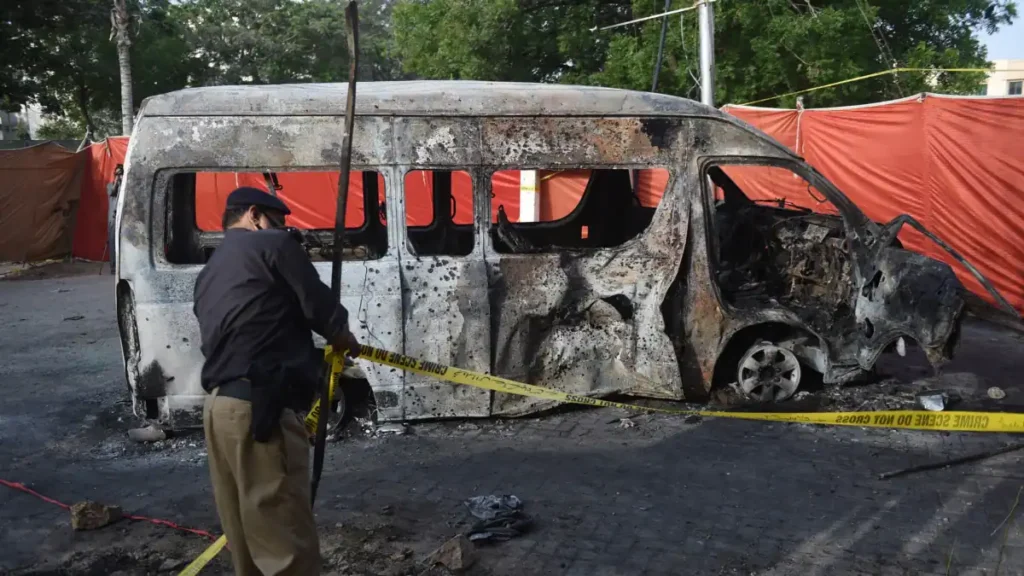Allegations by Sergey Naryshkin
Kabul: Sergey Naryshkin, the Director of Russia’s Foreign Intelligence Service, has accused U.S. and British intelligence agencies of supporting terrorist activities in Afghanistan and Central Asian countries. On Friday, May 24, TASS news agency reported Naryshkin’s claims that organizations like Al-Qaeda and ISIS were created and supported by U.S. and British intelligence.
Claims Made at CIS Meeting by Russian Intelligence Chief
Naryshkin made these statements during a Commonwealth of Independent States (CIS) meeting held in Bishkek, Kazakhstan. He emphasized that the influence of Western intelligence agencies extends beyond Syria, significantly impacting Afghanistan as well.
Impact on Afghanistan
Growing Terrorist Presence
According to Naryshkin, Afghanistan has been severely affected by these actions. He highlighted that terrorist groups, including ISIS, have seen growth in northern Afghanistan, exacerbating regional instability.
Statements from Kazakhstan
Additionally, the head of Kazakhstan’s National Security Committee confirmed the increase in terrorist activities in northern Afghanistan. This aligns with Russia’s long-standing accusations against the U.S. and Western countries for allegedly supporting terrorist groups in the region.
Historical Context and Repeated Accusations
Russia has a history of accusing the U.S. and its allies of fostering terrorism in Central Asia. Naryshkin’s recent remarks add to this narrative, suggesting a continued pattern of Western interference aimed at destabilizing the region.
Broader Implications
Geopolitical Tensions
These accusations contribute to the growing geopolitical tensions between Russia and Western nations. The claims suggest a deliberate strategy by the West to undermine security in Central Asia, which could have far-reaching implications for international relations and regional stability.
Naryshkin’s statements at the CIS meeting may prompt further scrutiny and calls for action from Central Asian countries. The allegations of external interference highlight the need for enhanced regional cooperation to address the growing threat of terrorism.
The accusations made by Sergey Naryshkin underscore the complex and contentious nature of international relations in Central Asia. As Russia continues to accuse Western nations of supporting terrorist groups, the region faces increasing challenges in maintaining stability and security.

